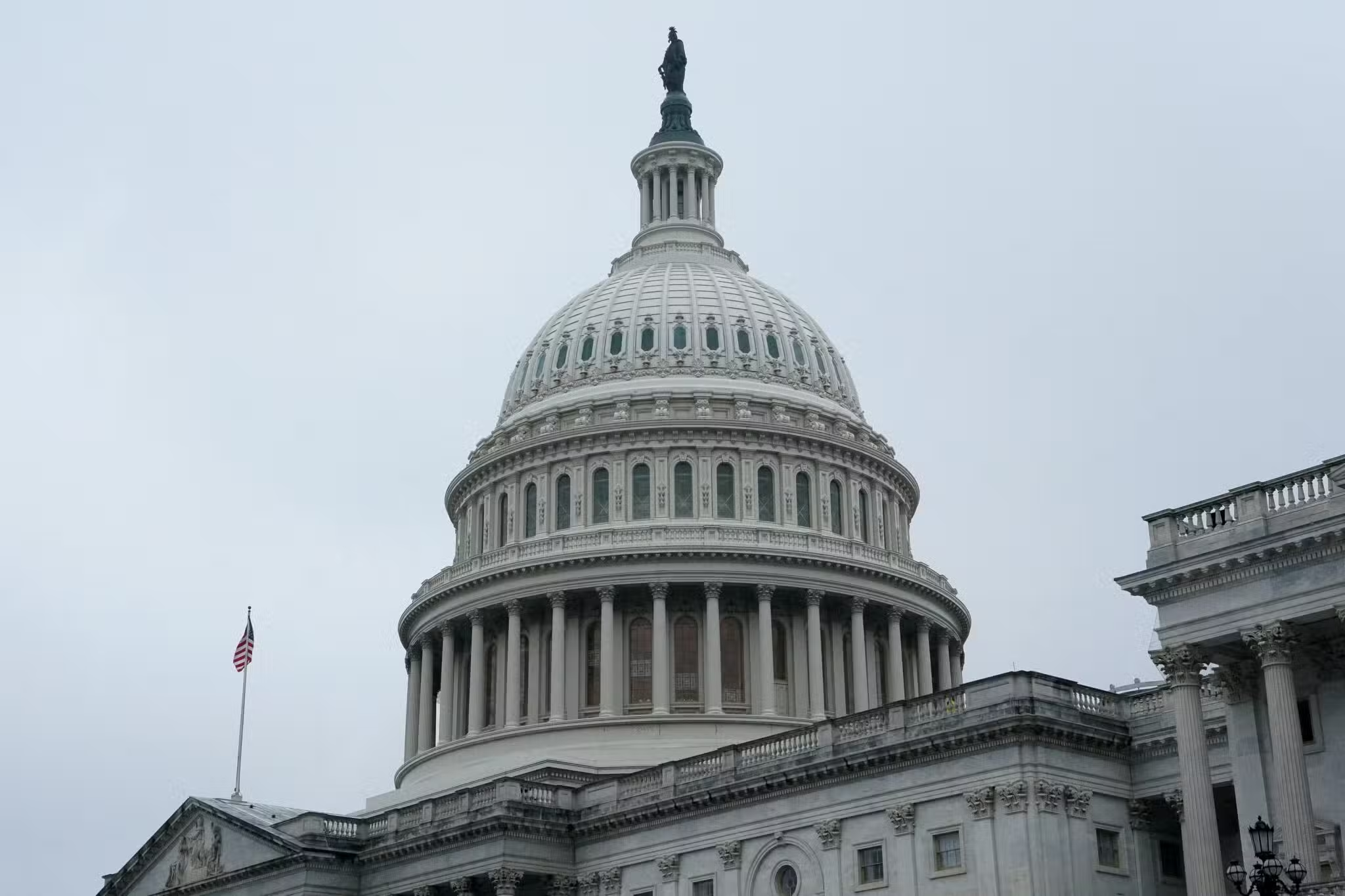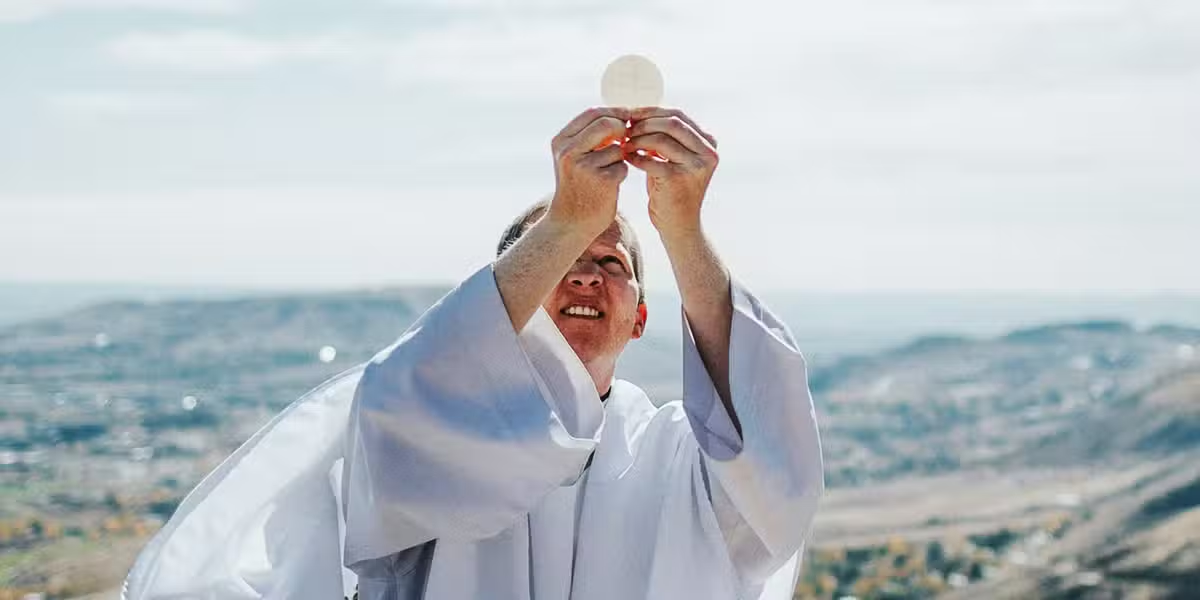We are living in a perilous time. Our nation is as divided as it was during the Civil War. We are all affected by crises like the COVID-19 pandemic. Many of us know people who have died, and many of us have lost our jobs. We all have had to rethink who we are.
As a nation, we have been slapped in the face with the reality of systemic racism and white privilege. Many of us, especially white folks, are confronted with the realization that while we may have been willing to speak up and condemn overt racism, we have been unwilling to acknowledge that we, maybe unintentionally, have benefited from an immoral, corrupt system of white privilege.
We often hear that times of crisis bring out the best in us. But we have also witnessed the opposite. In times of crisis, we often look to our political and spiritual leaders to unite and lead. We should challenge them to put differences aside and come together for the common good. After all, as people of faith we believe that just as God is in each of us, we are all one with God. We are all connected to each other and all creation through God. We pray every time we celebrate Mass, “Through him, with him, in him.” But from many leaders we have heard words to divide us, not unite us.
Important Issues
Two simple actions that could have significantly helped contain the spread of the virus are wearing a mask and maintaining social distancing. Scientists and health professionals have argued this from the beginning of the crisis.
Many political and religious leaders joined in urging people to follow these simple steps. Some governors issued stay-at-home orders and mandatory wearing of masks. Others did not. Some suggested it was an infringement of individual liberties, as if your right to get a haircut was more important than my right to live!
Instead of a health crisis that required well-researched, scientifically valid solutions, it was turned into a political issue. Wearing a mask became not a means to help protect us and stem the spread of COVID-19, but a symbol of who we supported politically.
When we were confronted with the reality of systemic racism and white privilege, many of our political and religious leaders refused to acknowledge the problem and engage in meaningful dialogue about solutions. Instead, they painted those trying to raise awareness of the problem as anarchists trying to overthrow the government. Our leaders ordered troops to violently break up peaceful protests.
What’s a Voter to Do?
This November, we have a choice to make. The election will determine who we are as a people, as a nation. Our vote will define our moral and ethical values. With the opportunity to vote comes the responsibility of carefully choosing a candidate.
We all wish that there was a single candidate who lived the values that we believe and reflected them in his or her work. Unfortunately, neither Jesus nor St. Francis is on the ballot this year. So we have to make a choice. For many the choice comes down to a single issue. Abortion is the most prevalent, but issues of gun rights and gun control are close behind.
Some folks want the government to intercede and regulate abortion but believe that the government should have no say in issues about guns. Others believe the government should have nothing to do with a woman’s right to choose but should be strongly involved in regulating guns.
I have friends on one side who support candidates on 75 percent of the issues yet will not vote for those candidates because they are not adamantly anti-abortion. On the other side, I have friends who agree 75 percent of the time with certain candidates but will not vote for them because they are not adamantly pro-choice enough.
With Rev. Brian McLaren, I recently published an article, “It’s Time to Change the Abortion Debate in America.” In it we said: “Each side, by providing us with a shortcut to a sense of moral superiority, also gives us a weapon with which to demonize and even dehumanize our counterparts. When we render our opponents the evil enemy, we risk becoming a house so divided that our nation becomes ungovernable.” That seems to sum up where we are as a nation today.
Vote to Reflect Catholic Values
So how do we go about choosing our leaders? What criteria should we use? Bishop Robert McElroy suggests it is time for Catholics to consider character. In a February speech at the University of San Diego, he said, “Because our nation is in a moment of political division and degradation in its public life, character represents a particularly compelling criterion for faithful voting in 2020.”
Pope Francis has argued that “an essential aspect of good politics is the pursuit of the common good of all.” In January, he told the US bishops, “Christians must come down on the side of the poor and those who are in need.” His words seem like a clear rebuke to those who believe that abortion is the only issue in deciding how to vote. When addressing the issue of climate change in December, Pope Francis stated, “We are facing a ‘challenge of civilization’ in favor of the common good.”
Regarding the issue of asylum, the US bishops said, “At its core, asylum is an instrument to preserve the right to life.” Abortion is clearly an important issue. I have been involved in standing for justice most of my life. I have marched, gone on hunger fasts, and been arrested in support of the poor and marginalized. I have always done so under the banner of promoting a consistent ethic of life.
I came to realize that being a single-issue voter is not following Catholic teachings.
- The decision to turn away immigrants seeking asylum and separate children from their families at our southern border does not reflect Catholic values.
- The decision to cut federal aid to our nation’s poorest families—most recently by announcing major budget cuts to the food stamp program, affordable housing efforts, student loan aid, and Medicaid—does not reflect Catholic values.
- The decision to pull out of the Paris climate accord and to rescind environmental regulations leading to the destruction of God’s wondrous creation does not reflect Catholic values.
- Support of the death penalty does not reflect Catholic values.
- The constant degrading of women, minorities, and the poor, as well as lying and using hateful language, degrades Catholic values. Do we want to go back to the same “normal” of inequality, discrimination, and separation? Or do we follow Pope Francis and work to do better?
Our Rights and Responsibilities
The organization Network Lobby for Catholic Social Justice (NetworkLobby.org) has published a Right to Life scorecard so voters can make an informed choice based on all right-to-life issues. They start by saying: “In March of 2018 and again in June 2020, Pope Francis gave Catholics, and all people of good will, clear instructions for how we are called to position ourselves and prioritize social issues.
In the apostolic exhortation on holiness, ‘Gaudete et Exsultate,’ and again in his general audience following the murder of George Floyd, Pope Francis spoke of all of the ways we must defend, promote, and protect the sacredness of human life.”
In November, we, as people of faith, have the right and the obligation to help choose our leaders. Our choice should be based not on our individual needs but on the common good. We should vote for those who seek to end economic inequality, poverty, and racial injustice.
We should choose those who have the courage to enter into meaningful dialogue on actions, such as providing adequate health care and family leave policies, that will dramatically reduce the number of abortions. Our leaders should be those who, when seeing a person of a different color, gender, race, or sexual orientation, do not see “other” but rather see sister and brother.
We should elect those who are willing to walk the path of St. Francis of Assisi and see all of God’s wondrous creation as sacred.









4 thoughts on “Don’t Be a Single-Issue Voter”
Strongly disagree. The unborn must be protected. The dignity of women must be upheld. The flow of fentanyl must be stopped.
What dignity can there be when one can’t be guaranteed a say over one’s body? It’s as basic as dignity gets. Nothing is more personal to a person than the body you inhabit. If we can’t have the dignity in ownership of our very selves then we have nothing.
We have been living in a perilous time since Christ’s crucifixion. At the end of our lives, isn’t the first thing God will ask, where are my children? Not, did you vote for those who seek to end economic inequality, poverty, and racial injustice?
Sorry but He WILL be asking “WHY didn’t you vote to end economic inequality, poverty, and racial injustice?” READ THE SERMON ON THE MOUNT!!! The sermon is Jesus’ words not Paul’s not John’s not Mark’s not Matthew’s not Luke’s words. The Sermon is more important than anything the apostles or any other follower of Christianity writes.